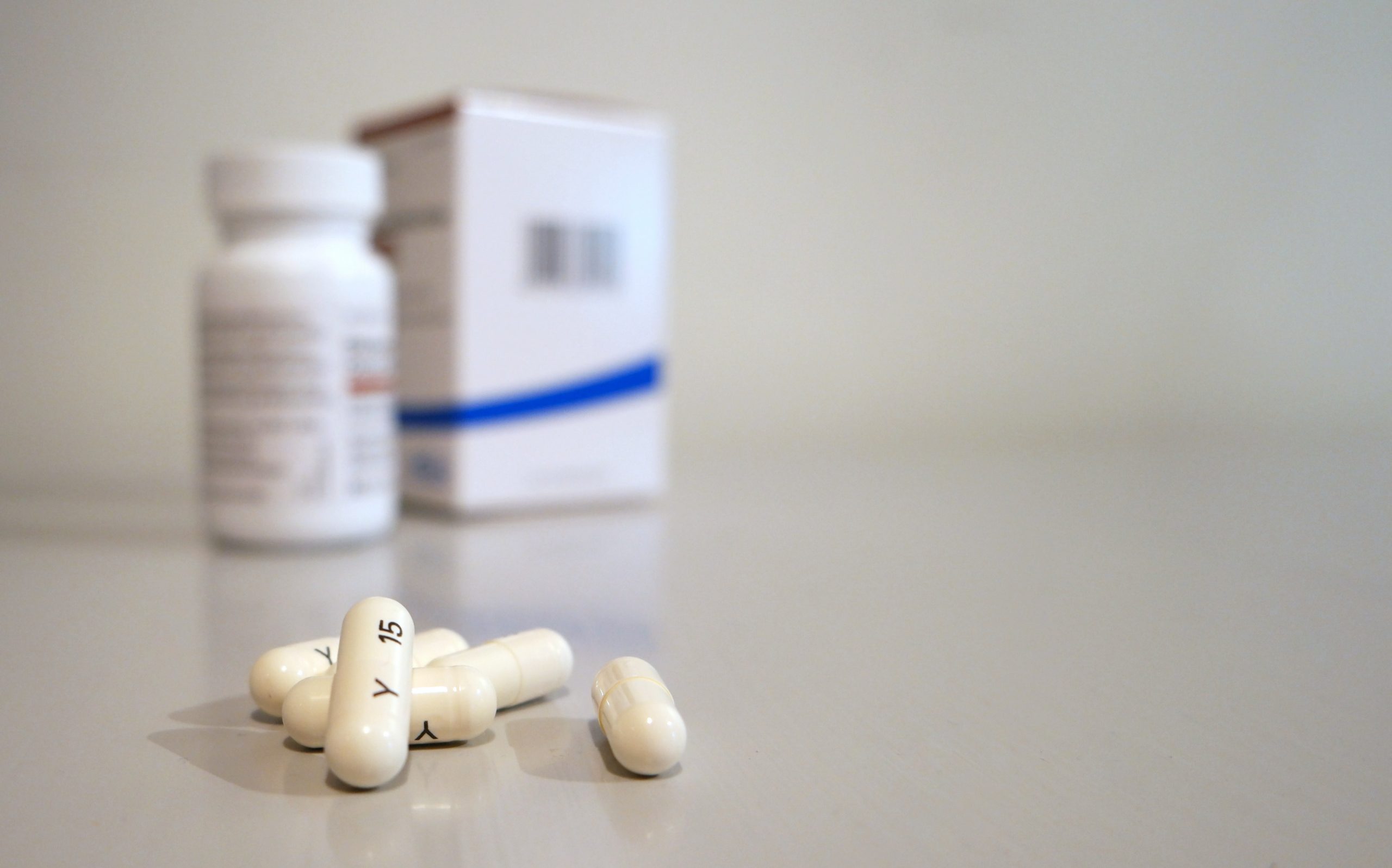
04 May Improve Your Sperm Fertility with Vitamin D
Are you having enough sex? Are you constantly stressed out? Are you worried that your swimmers aren’t as fast as they should be?
The truth is that infertility is fairly common and affects many men around the world. But with a little lifestyle change and help from science-backed nutritions, you’ll be on your way to improving your chances of becoming a dad.
Vitamin Ds for all Dads
Here’s how we can help: at Bespoke Health we can help to improve fertility and sexual health, and with concrete evidence showing that lack of Vitamin D affects fertility – for both men and women – it’s a no brainer that a safe and effective supplement like Vitamin D can
optimise your chances of conceiving.
The good news is that Vitamin D is reported to be most effective on semen quality. Adequate levels were shown to improve sperm count, sperm maturation, sperm morphology (shape), sperm motility (their ability to swim) and boost testosterone levels in the body.
In Denmark, a clinical trial on 300 healthy young men found that those with low levels of Vitamin D had a significantly lower number of sperm count and sperm motility. If that’s not enough, the European Society of Endocrinology also reported that Vitamin D supplements
could be beneficial for couples undergoing IVF, as it affects the production of sex hormones in both men and women.
“MALE SWIMMERS” ( Combo of Supplements)
CoQ10
Studies have found that CoQ10 can help to improve sperm movement in infertile men. According to some research, the amount of CoQ10 in the seminal fluid of men has a correlation to their sperm count and sperm motility. Oxidative stress from free radicals can impair sperm, causing damage and inhibiting motility. It works by combating oxidation and protecting sperm from damage.
5-MTHF
Studies have shown that poor methylation attribute to genetic influences or diet can adversely affect fertility and pregnancy outcome. The risk of both infertility ( male & female) and spontaneous miscarriage are connected to poor methylation.
The researchers had the men and women taking 5-MHTF supplement for 4 months prior to trying to get pregnant. Of the 30 couples in the study, only 3 failed to conceive and 27 got pregnant. This was very clinically significant.
Glutathione
A decrease in levels of reduced glutathione during sperm production is known to disrupt the membrane integrity of spermatozoa due to increased oxidative stress. There is strong clinical evidence to show that men diagnosed with infertility have high levels of oxidative stress that may impair the quality of their sperm.Treatment with glutathione was also found to have a statistically significantly positive effect on sperm motility and on sperm morphology.
L-Carnitine
Enhances healthy sperm count by enhancing the motility of sperm, increasing their ability to swim speedily in an appropriate direction. It acts as an antioxidant, protecting spermatozoa against damage from reactive oxygen species. More sperms are produced with normal anatomy, or morphology.
It also increases Testosterone production and improves testicular function, ultimately boosting healthy sperm count.
Zinc
Another important supplements for men to take regularly is Zinc, which is essential for sperm development, sperm quantity and quality. Zinc is present in every human cell, but unfortunately, it is not stored in the body and that is why dietary intake is required. As an antioxidant, research has shown that Zinc reduces oxidative stress and protects tissues in the testes, resulting in healthy sperm. And by the way, zinc also helps to reduce the risk of infection in the elderly and in treating age-related autoimmune diseases, such as systemic lupus erythematosus (SLE)
So there you have it! It’s time to take control of factors that can shape how healthy your sperm is, and start boosting your sperm count now with evidence-based science. Time to bring fertility rates out of recession and make the dream of starting a family come true!
Contact us to learn how we can ensure your needs are being met.
REFERENCES
1. https://pubmed.ncbi.nlm.nih.gov/28667465/
2. https://www.sciencedaily.com/releases/2017/05/170523084302.htm
3. https://clinicaltrials.gov/ct2/show/NCT01304927.


No Comments